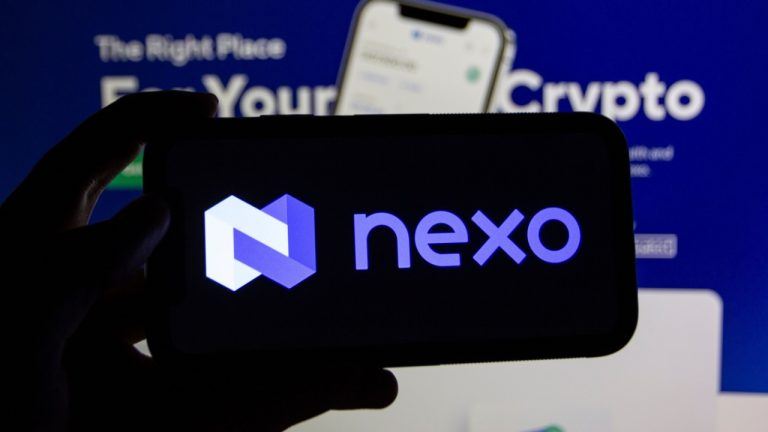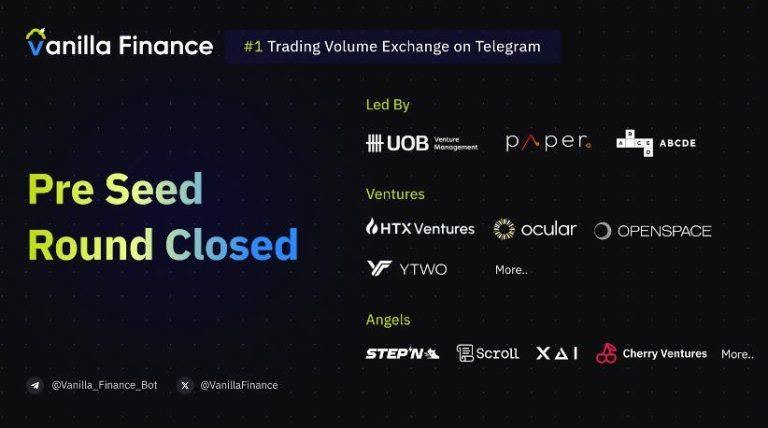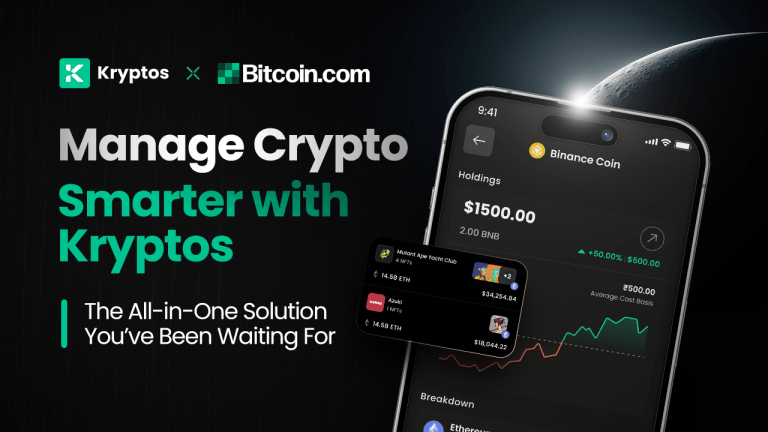
Agustin Carstens, general manager of the Bank for International Settlements (BIS), has discussed tokenization’s significance in modernizing the current siloed financial system. Carstens stated that only through tokenization can the world move to a more interconnected and programmable financial system, where several central bank digital currencies (CBDCs) will be transacted seamlessly.
BIS Head Agustin Carstens Talks Tokenization as Origin of an International Unified Ledger
Agustin Carstens, general manager of the Bank for International Settlements (BIS), referred to the significance of tokenization as a key tech for building an interconnected financial system using central bank digital currency (CBDC). In a keynote speech at the CBDC & Future Monetary System Seminar in Seoul, Carstens explained how tokenization would allow the modernization of the current siloed financial system.
He stated:
Tokenization is a means of recording money and assets in a digital form on a programmable ledger. In practical terms, this means that users could transfer assets directly through programming instructions, rather than through intermediaries such as account managers who act on behalf of the user.
For Carstens, the tokenization of money and other assets and its integration on top of a “unified ledger” will help the current financial system to evolve, allowing a two-tiered currency system composed of wholesale tokenized CBDC and tokenized deposits to be implemented in several countries.
Carstens Blasts Outdated Regulatory Frameworks
According to Carstens, the technology necessary for this change is already here. Nonetheless, the regulations of each jurisdiction are hindering the advancements in this regard.
On this, Carstens declared:
The real challenge is to work out the legal and regulatory frameworks, the governance and the communication protocols needed for such a network of networks to operate. In short, we need to build the digital infrastructure.
However, he doesn’t think this will happen overnight and that every jurisdiction out there will join a hypothetical unified ledger. Nonetheless, the construction of protocols that allow interconnecting these systems can also help to achieve the desired interoperation goal.
He concluded that “the future monetary system needs wholesale central bank money at its core, complemented by tokenized commercial bank money and potentially other tokenized assets.”
Carstens has been a fervent proponent of CBDCs, stating before that their issuance would be the only way of “providing money in a form that meets the public’s needs and expectations.”
What do you think about Agustin Carstens’ thoughts on tokenization and CBDCs? Tell us in the comments section below.
Bitcoin News








Leave a Reply